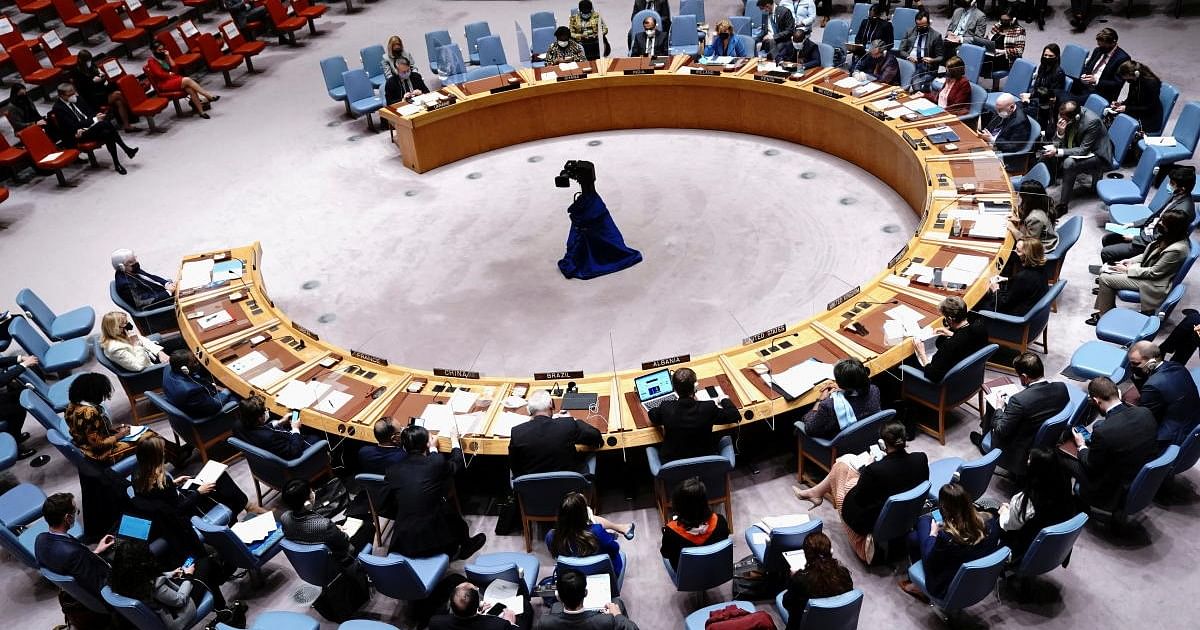Global Power Dynamics: India Challenges Religious Quotas in UN Security Council Overhaul

In a significant diplomatic push, India and the G4 nations (Brazil, Germany, Japan, and India) have intensified their efforts to reform the United Nations Security Council (UNSC), advocating for a more representative and equitable global governance structure.
The coalition has firmly rejected the use of religion as a criterion for membership, emphasizing instead a comprehensive approach to expanding the Security Council. Their proposal focuses on broadening representation in both permanent and non-permanent member categories, addressing the long-standing imbalances in the current UN framework.
Led by India, the G4 nations are championing a text-based negotiation process, signaling a more structured and pragmatic approach to UN reform. Their strategy aims to modernize the Security Council, reflecting the geopolitical realities of the 21st century and ensuring more inclusive decision-making on global security matters.
The push for UNSC reforms highlights the growing demand from emerging powers for a more balanced international system. By challenging traditional power structures and advocating for expanded representation, these nations are seeking to create a more democratic and responsive global governance mechanism.
As discussions continue, the G4's unified stance demonstrates their commitment to transforming the UN Security Council into a more equitable and effective international body that can better address contemporary global challenges.
